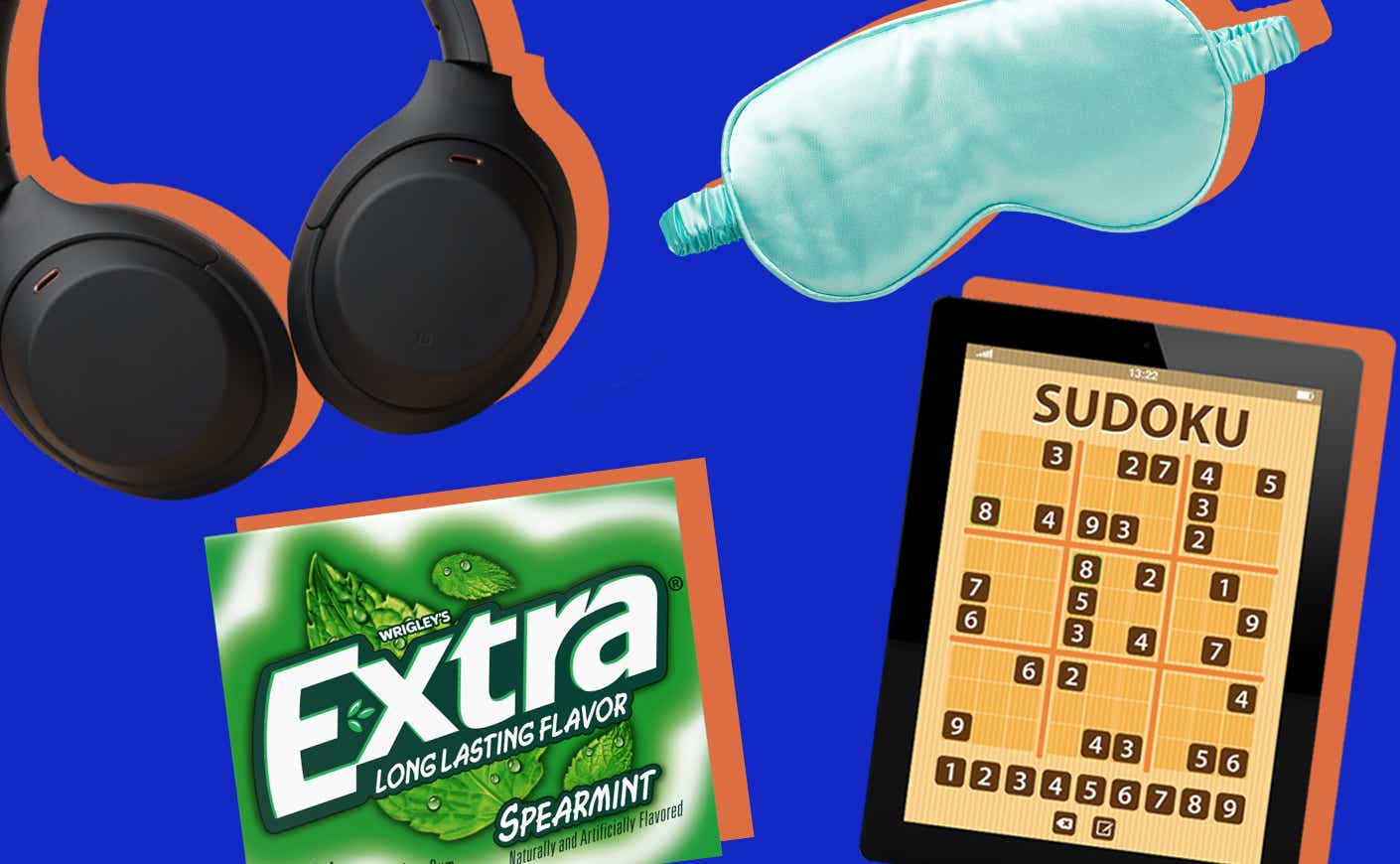As pandemic restrictions continue to lift, life for many of us is going back to what you might call normal. Whether that means you’re back in the office, on a plane, or at the gym, you might notice a new — or unfortunately familiar — companion tagging along when you venture out: anxiety.
Licensed independent clinical social worker Alysha Tagert has observed lots of adults and children showing signs of pandemic-related post-traumatic stress disorder. Trauma, she says, happens when a person exhibits “emotionally overwhelmed distress in response to an event.” And while we might associate trauma with a singular, life-altering event like a car crash, Tagert says that’s not always the case. “It can also be the compounding of distress that happens over time, and results in an overwhelming sense of vulnerability and loss of control,” she explains. “That’s the impact that Covid has had on a lot of people.”
If you find yourself panicking in situations that once seemed routine, know that you’re not alone: post pandemic stress is a phrase that more and more mental health experts are using to describe what their patients are experiencing. The good news is that there are simple methods to help regulate your emotional responses to stress, and many involve using physical objects that are small enough to fit into a desk drawer or a purse. These everyday items, which Tagert considers an emotional toolbox, can be used either individually or together to help you ground and center yourself when you feel stress creep up.
Item One: Sugarfree gum

While you might think of gum as an easy way to freshen your breath, it’s also a helpful method for managing anxiety. According to Tagert, it’s one of the most important items in the toolbox. “If you’re having a moment of anxiety and you have no idea what triggered it, your first step should be to grab a piece of gum,” says Tagert. We suggest one that's sugar-free and has a long-lasting flavor — for both extended enjoyment and the added perk of fresh breath — like EXTRA® Gum. “You want to try to slow your brain down and focus all of your senses on the gum,” Tagert explains. “Take the gum out of its wrapper. Acknowledge its texture with your fingers. Acknowledge its color. Recognize the smell. Then put it into your mouth and focus on the flavor, and how it feels to chew it. Going through and focusing all five senses on this one small thing is a grounding technique that can quickly help soothe you and regulate your emotions.” This gum technique is one that you can use alone or in a social setting, since chewing a stick of gum is so routine and inconspicuous, you don’t need to excuse yourself from a meeting or party to do it.
As an added benefit, chewing gum, like EXTRA®, ORBIT®, or 5® Gum (all made by Mars, Incorporated) can help focus your attention on the here and now. Tagert explains: “When we chew a stick of gum, we're not usually aware of the act of chewing — but if we begin to focus on that act, it actually slows down our brain and helps us focus.” Whether you’re stuck in traffic, in a long meeting, or preparing a presentation, chewing a piece of sugar-free gum can keep you anchored to the present moment.
Item two: Stress ball
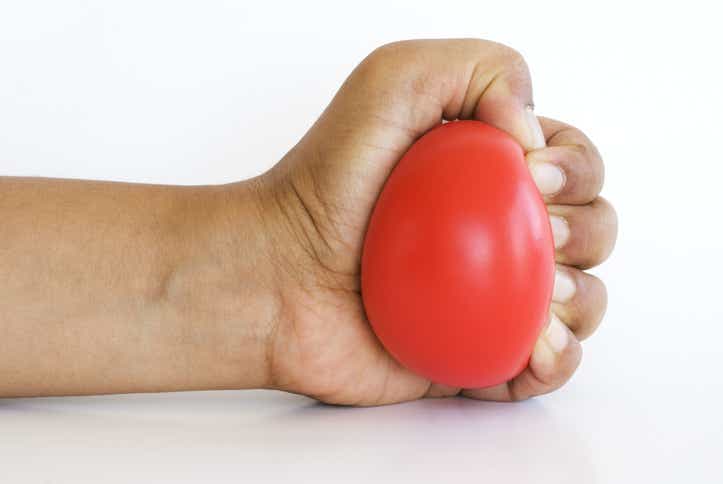
“As your anxiety increases,” Tagert explains, “you really want to reach for items that'll tap into all five senses.” An object to squeeze, like a stress ball, can be great, because it gives you something tactile to focus on and keeps your hands occupied. “When you’re in a state of anxiety, your heart rate goes up,” Tagert says. “This can make it difficult to tap into your executive functioning. Focusing your attention on squeezing a stress ball is another way to help bring you back to baseline.”
Item three: Scented oil
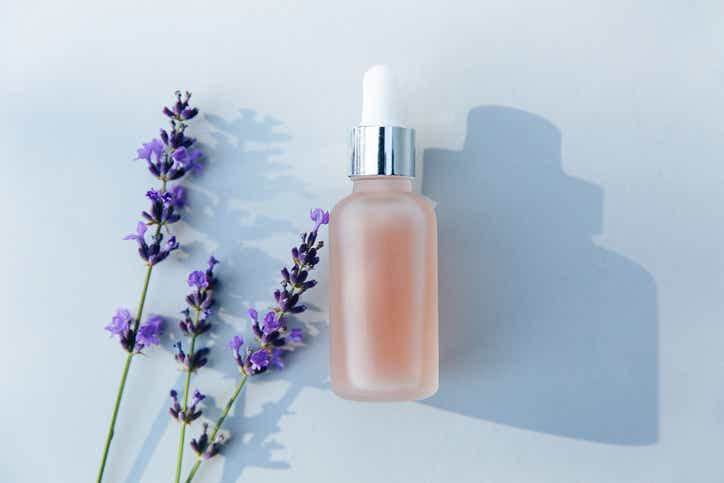
Smelling something pleasant, like scented oil or a scented candle, provides olfactory enjoyment that can distract your brain from whatever triggered your stress response. “A calming lavender spray already has relaxation properties, so that’s what I'd suggest starting with,” Tagert says, “but ultimately you want a scent that makes you feel happy. Closing your eyes and taking in that smell will connect you with olfactory sensory support.”
Item four: Headphones and a playlist
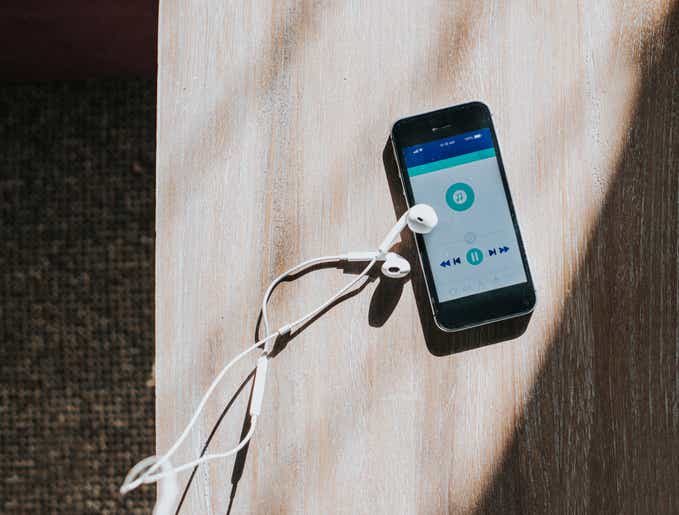
Music can have a big impact on your state of mind. Think about the tunes you put on when you’re going for a run — they're probably very different from what you’d play when trying to fall asleep. If music helps calm you down, it can be a great tool, but Tagert also recommends listening to a guided meditation on headphones during moments of stress. “Even a one-minute meditation can guide you through proper breathing techniques to help slow your heart rate if you need that extra support,” she explains. If you have noise-canceling headphones, they’ll help you to focus on your breathing without distraction.
Item five: Crossword or sudoku puzzle
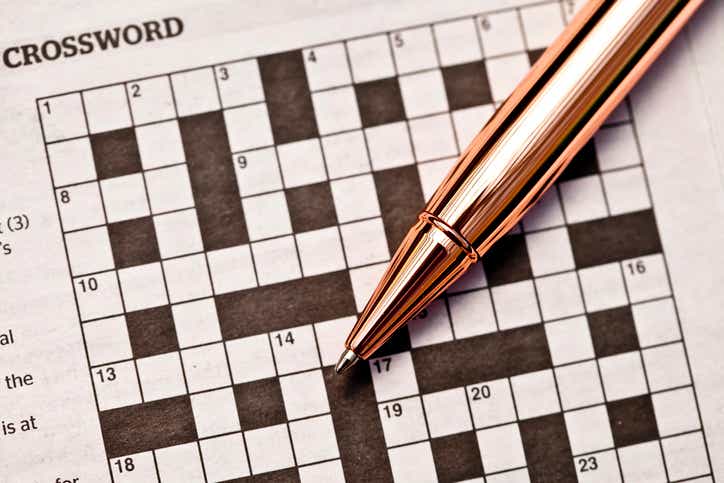
Picking up a task that requires your full attention, like a crossword or sudoku puzzle, will allow you to refocus your brain’s resources away from stress. “You want to find something that you enjoy but that also requires undivided thought or concentration,” Tagert says, because those activities give you the chance to slow down and reset. If you’re a Wordle fan, this would be a great time to work on the word of the day.
Crossword or sudoku apps are great, but it may also be helpful to take a break from screens. Keeping a book of puzzles (or even a compelling novel) nearby is an easy way to refocus your brain while also giving your eyes a much-needed computer break.
Item six: Eye mask
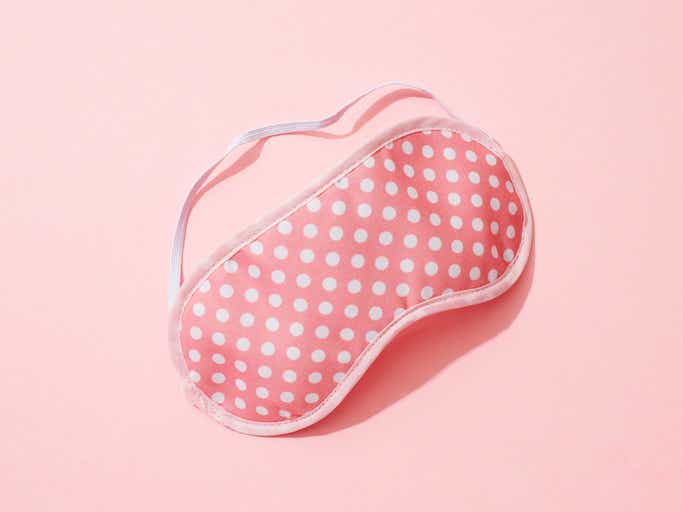
Sometimes focusing on one sense requires limiting another. Says Tagert, “If you’re visually overwhelmed, blocking out light can help you calm down and focus on your breathing, and then you can utilize one of the other calming strategies. Many adults do this naturally when they’re overwhelmed — you might feel the urge to lay down for a few minutes and cover your eyes with a pillow.” Unfortunately, lying down with a pillow over your face isn’t exactly appropriate in all scenarios. So if you don’t want to put an eye mask on in the middle of the office, find a quiet place or even a bathroom stall where you can close your eyes for a few minutes.
Find Your Bliss
While these strategies can be a great fix in the moment, if you’re having extreme anxiety — especially if you’re using unhealthy coping mechanisms — contact a healthcare provider to see what options might be right for you.
Otherwise, Tagert suggests that if you’re spiritually inclined, a practice like prayer or a repeated mantra can be a great addition to your “toolbox.” Going for a short walk can also alleviate stress, since a little bit of exercise and a change of scenery go a long way toward revamping your mindset. Some of these strategies will resonate better than others, so pick and choose those that work best for you. You can also implement multiple tools at once, since we’re confident that you can walk and chew gum at the same time.







